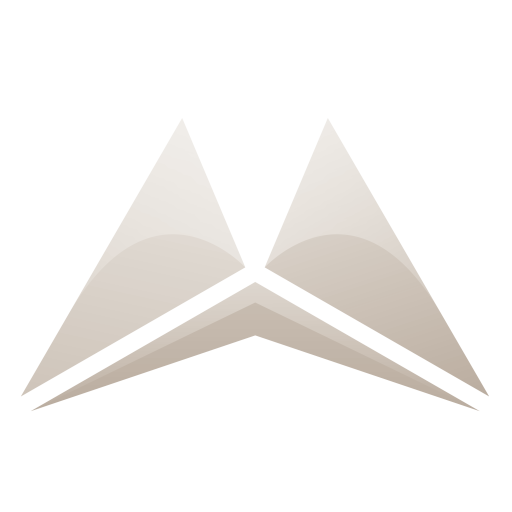Dimension 4: Universally Designed for Learning
Evaluating OER against the Engagement criterion
Universally Designed for Learning
There is no single way of learning. All learners and styles of learning are included and engaged by design.
The Equity Rubric for OER Evaluation gives a resource a high rating for Engagement if it “activates internalisation options for self-regulation by promoting expectations and beliefs that optimise motivation, personal coping skills self-assessment and reflection.”
The Rubric suggests looking for the “incorporation of findings from surveys of interests, strengths, and needs; clear statements of relevant goals and objectives; guides and checklists for scaffolding goal-setting; prompts and scaffolds to estimate effort, resources, and difficulty; use of activities that include a means by which learners get feedback and have access to alternative scaffolds that support a learner’s understanding of progress in an accessible and timely manner.”
The CAST Universal Design for Learning (UDL) Guidelines explore applications of Engagement through three underlying aspects:
- Recruiting Interest
Opportunities for personalisation are provided to build curiosity, relevance and excitement. - Sustaining Effort & Persistence
The pursuit of mastery is facilitated, developing focus and tenacity. - Self Regulation
Self-reflection skills are supported to develop coping strategies and motivation.
To learn more about Universal Design for Learning and for concrete suggestions of how to apply these principles, check out the CAST UDL Guidelines.
Key Examples and Suggestions
Skills matrix in The Australian Handbook for Psychological Careers Handbook
Machin et al.
This matrix encourages learners to self-reflect and assess their current skills and experience to identify strengths and areas of improvement.
Access: Identifying your skills
Chapter summaries in Trauma Informed Education
Krishnamoorthy, Ayre & Schimke
Each chapter in this book includes a summary for learners to review and evaluate their understanding of key concepts before continuing on to the next section.
Access: Chapter 1: Helping Traumatised Children Learn with Dr. Dave Ziegler
Knowledge testing activity in Systematic Reviews LibGuide
University of South Australia Library
This H5P activity scaffolds information about undertaking keyword searches in medical databases and includes several checkpoints for learners to test their knowledge through interactive activities with instant feedback.
Access: Doing a keyword search
 Learning Resource: WI+RE’s Design Tools
Learning Resource: WI+RE’s Design Tools
UCLA WI+RE
WI+RE (Writing Instruction + Research Education) is a brilliant initiative from the UCLA community, creating online research and writing learning resources that are openly available and intentionally accessible. Their Design Tools page lists the toolkits they use to make their great resources so you can make cool resources, too.
While you’re there, check out the WI+RE Sandbox for behind-the-scenes insights on their resources, advance notice of upcoming content, playlists of their favourite projects, and more.
Access: WI+RE’s Design Tools
Acknowledgement: I would like to acknowledge Dr Carolee Clyne, Learning Strategist Consultant, for her substantial contributions to this section.
Download this page (pdf)
<< Connections
